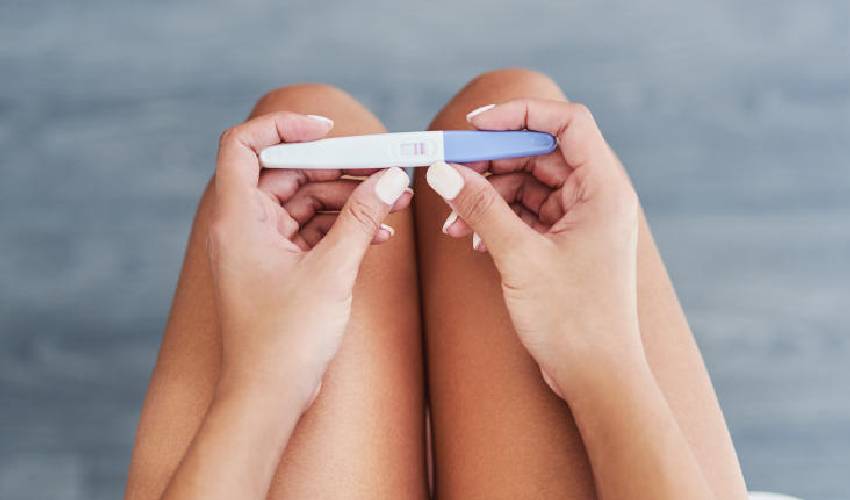×
The Standard e-Paper
Kenya’s Boldest Voice

One of the biggest advantages of IVF is its capacity for giving multiple births as opposed to normal births. [Courtesy]
Getting pregnant through In Vitro Fertilization (IVF) - the fertilization of eggs with sperms in lab conditions- is a route women take after exhausting all other normal methods.